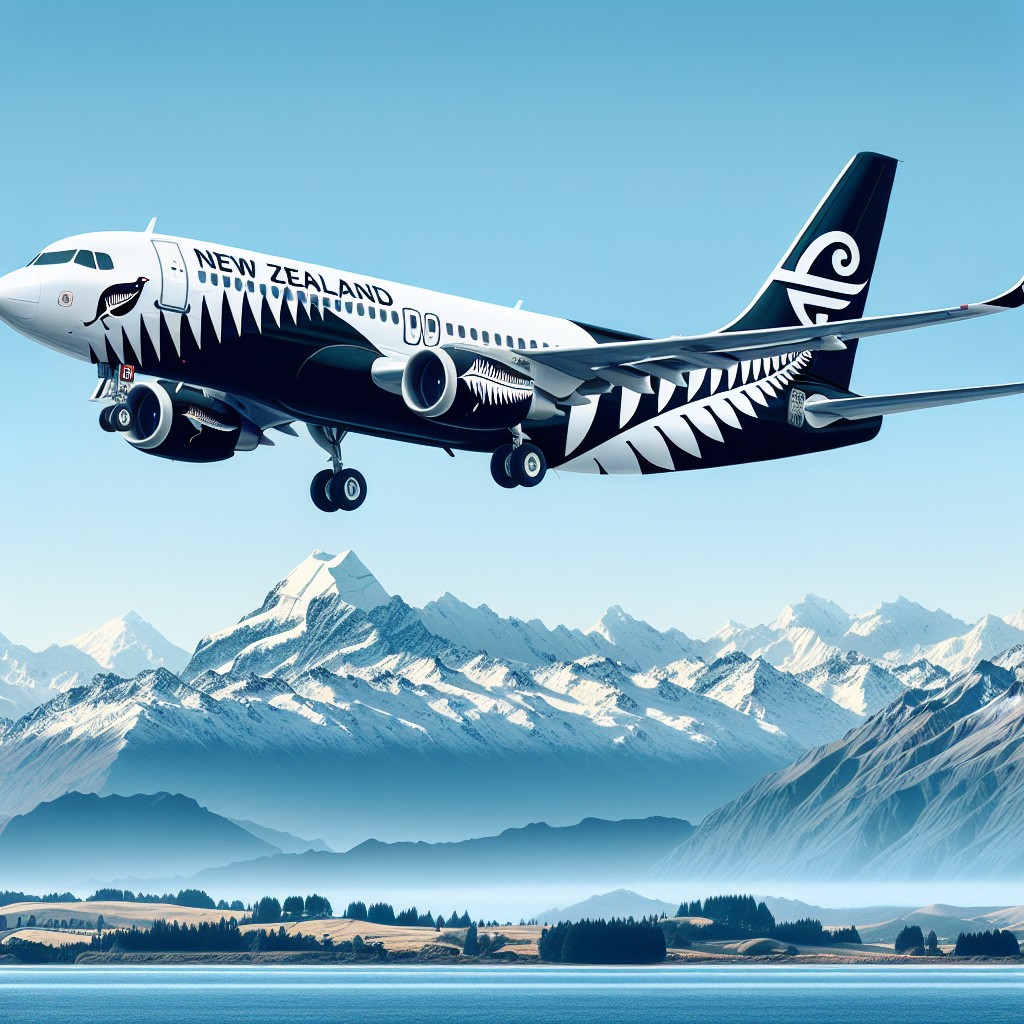Air New Zealand Reverses 2030 Emissions Target Amid Aviation Challenges
Air New Zealand has abandoned its 2030 emissions reduction target due to delays in the delivery of fuel-efficient aircraft and high green fuel prices. The airline remains committed to a 2050 net zero emissions goal and is working on a new near-term target. The aviation industry faces significant challenges in meeting decarbonisation goals.

Air New Zealand has abandoned its 2030 emissions reduction target, citing delays in the delivery of fuel-efficient aircraft and high prices for green fuel. This decision underscores the aviation industry's struggle to meet decarbonisation goals.
While the airline has backed away from its earlier climate aspirations, it remains committed to the industry-wide target of net zero emissions by 2050 and is working on a new near-term goal. Aviation accounts for about 2% of global emissions and is one of the most challenging sectors to decarbonize due to its reliance on jet fuel.
"Many of the levers needed to meet the target, including the availability of new aircraft, affordable alternative jet fuels, and supportive regulatory policies, are outside the airline's direct control," Air New Zealand stated. The airline aims to rely on Sustainable Aviation Fuels (SAF) and more efficient aircraft to reduce emissions, but both face production and delivery challenges.
Environmental advocates argue that aviation growth is incompatible with sustainability, and Air New Zealand previously aimed to reduce carbon intensity by 28.9% by 2030. However, recent delivery delays of Boeing 787 Dreamliner and Airbus A320neo planes have jeopardized this goal, prompting the airline to withdraw from the Science-based Targets initiative (SBTi).
CEO Greg Foran noted the potential need to retain the existing fleet longer than planned. Additionally, maintenance issues with A321neo aircraft engines are expected to persist.
Despite these setbacks, Air New Zealand's climate efforts include ordering an all-electric five-seat plane, with a demonstration flight planned by 2026. However, policy changes under New Zealand's conservative government may hinder meeting national emissions targets.
Professor Sara Walton of the University of Otago emphasized the importance of industry leadership in climate action, deeming Air New Zealand's withdrawal from the SBTi concerning. The aviation industry continues to grapple with the financial implications of new environmental regulations and SAF mandates.
(With inputs from agencies.)










